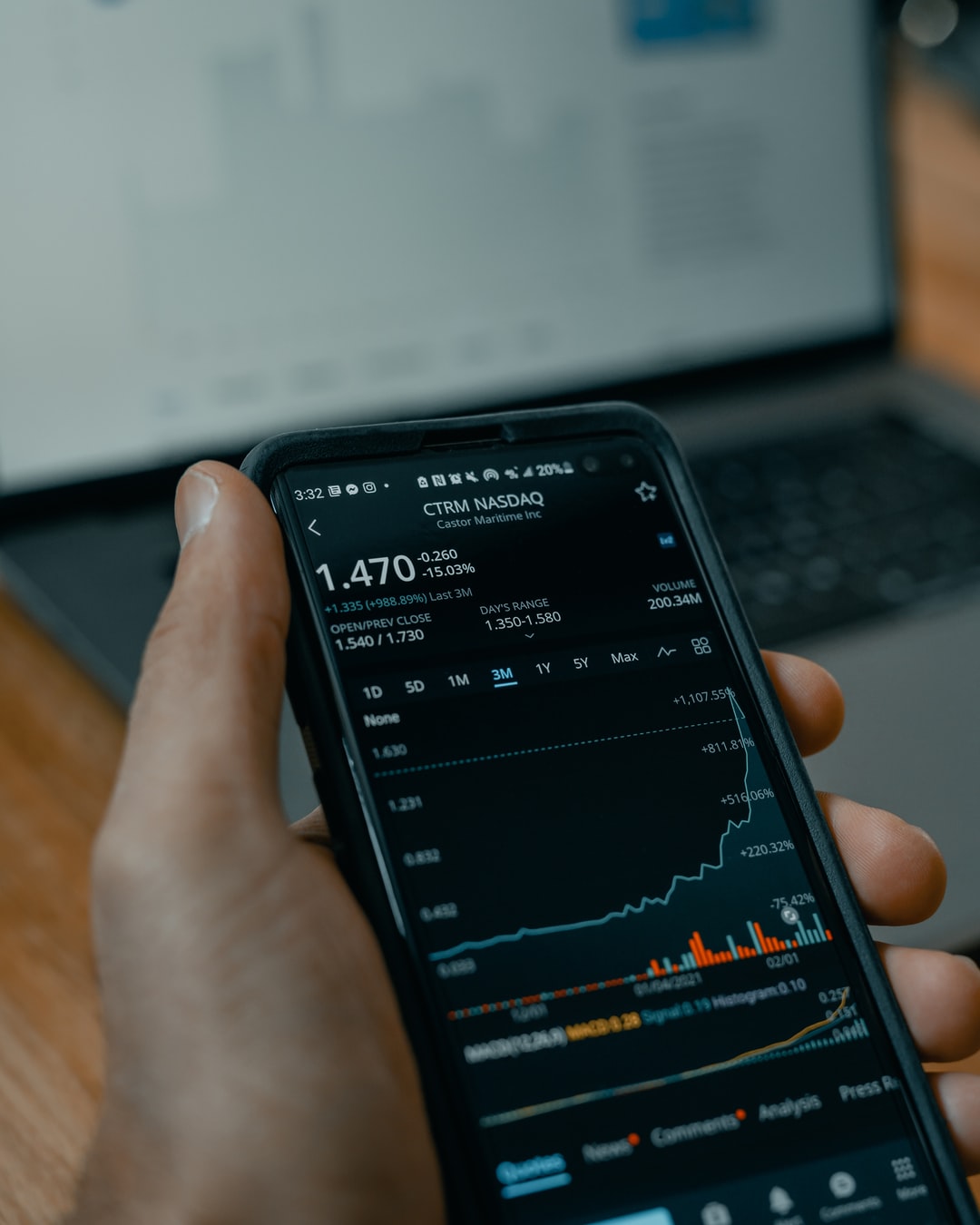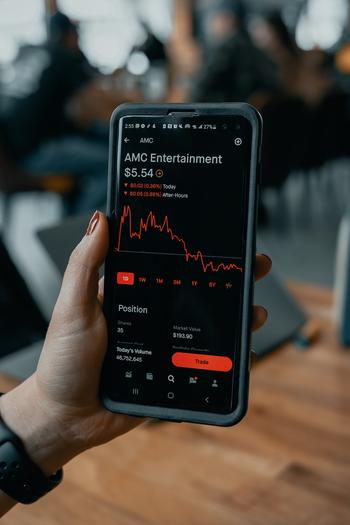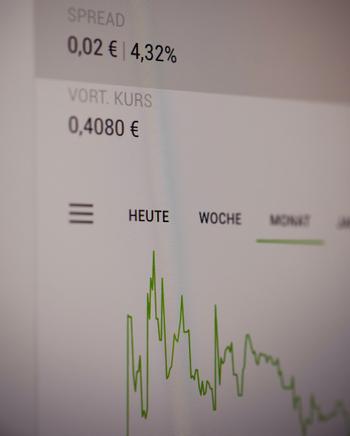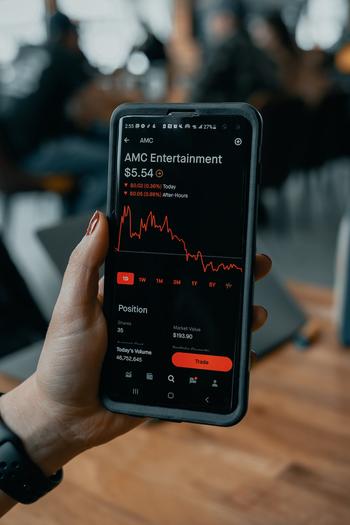GAST Clearwater Develops New Technology to Save the Wastewater Industry potentially Billions


GAST Clearwater has developed a disruptive technology and methodology to replace the Secondary Treatment & Disinfection stages without using chemicals or biological elements of Wastewater & Sewerage treatment facilities.The technology has been dubbed the “Tesla” of Water Treatment, earmarked to disrupt the water treatment industry just as electric vehicles have for the motor industry. Ironically, Tesla did not develop a new battery for its cars but merely improved its battery systems’ efficiency and effectiveness, namely lithium iron phosphate (LFP). GAST Clearwater holds a similar story with its technology developing two (2) new systems colloquially referred to as: The Black Box (WMM - Withdrawal of Microorganism & Minerals Machine) The Blue Box (CWD - Clearwater Device)In effect, the ever-alluding nut has been cracked to find a way to “wash” water without the use of chemicals & biological treatments. The technology is obviously not a new way of building a “car”, in this analogy a car is a water treatment solution, but the technology allows GAST Clearwater to provide cleaner water more sustainably and more cost-efficiently.The technology in its current form is slated to revolutionize wastewater treatment, sewerage treatment, commercial water treatment solutions, cooling towers, ship ballast water management, and many more industries globally. This technology not only has the ability to develop new wastewater treatment & sewerage treatment facilities but is also offered as a “bolt-on” system to existing facilities or even facilities that want to save costs by eliminating their chemical & biological cost components, irrespective of their size.Deloitte recently released a report called Water Tight 3.0, taking a deep dive into the world’s global water sector. The report was spearheaded by David Spira (Water Practice Leader Deloitte US Government & Public Services) & Kishore Rao (Principal and Lead Client Service Partner for International Development Organizations).It was stated in Deloitte’s Water Tight 3.0 report that “The aim of this report is to highlight, for both public and private stakeholders, the issues that Deloitte’s global water practice regards as the most important for the water sector. Issues as complex as these are of course interconnected with each other and with other resource issues and should not be considered in isolation. Furthermore, sector challenges have been further exacerbated with the ongoing COVID-19 global pandemic.” Interesting enough, Deloitte found in its Water Tight 3.0 report, numerous concerns amongst the sectors which include:
The era of low-cost water is over. The growing demand for water makes conservation and efficient use central issues. Operating water infrastructure is becoming more expensive with rising chemical, energy, and labor costs. As the affordability of water declines due to rising demand, more countries will consider privatizing water supply. The integration of technology into water and sanitation infrastructure pays for itself. Public-Private Partnerships alternative-delivery approaches provide opportunities for governments to partner up with private sector investors and service providers to optimize the delivery of water and wastewater services. COVID-19 has put a greater strain on demand for water service provision and access. Water is viewed as the next critical risk because many businesses in agriculture and manufacturing rely so heavily on water.
GAST Clearwater predicts the majority of wastewater treatment & sewerage facilities can look to save close to 20% of their annual OPEX by switching to a GAST Clearwater system, more so a GAST Clearwater system on average costs 25% less to build vs. a current standard conventional facility which is a considerable saving on [email protected] Source: GAST Clearwater




 Never miss a story from us, subscribe to our newsletter
Never miss a story from us, subscribe to our newsletter
Comments